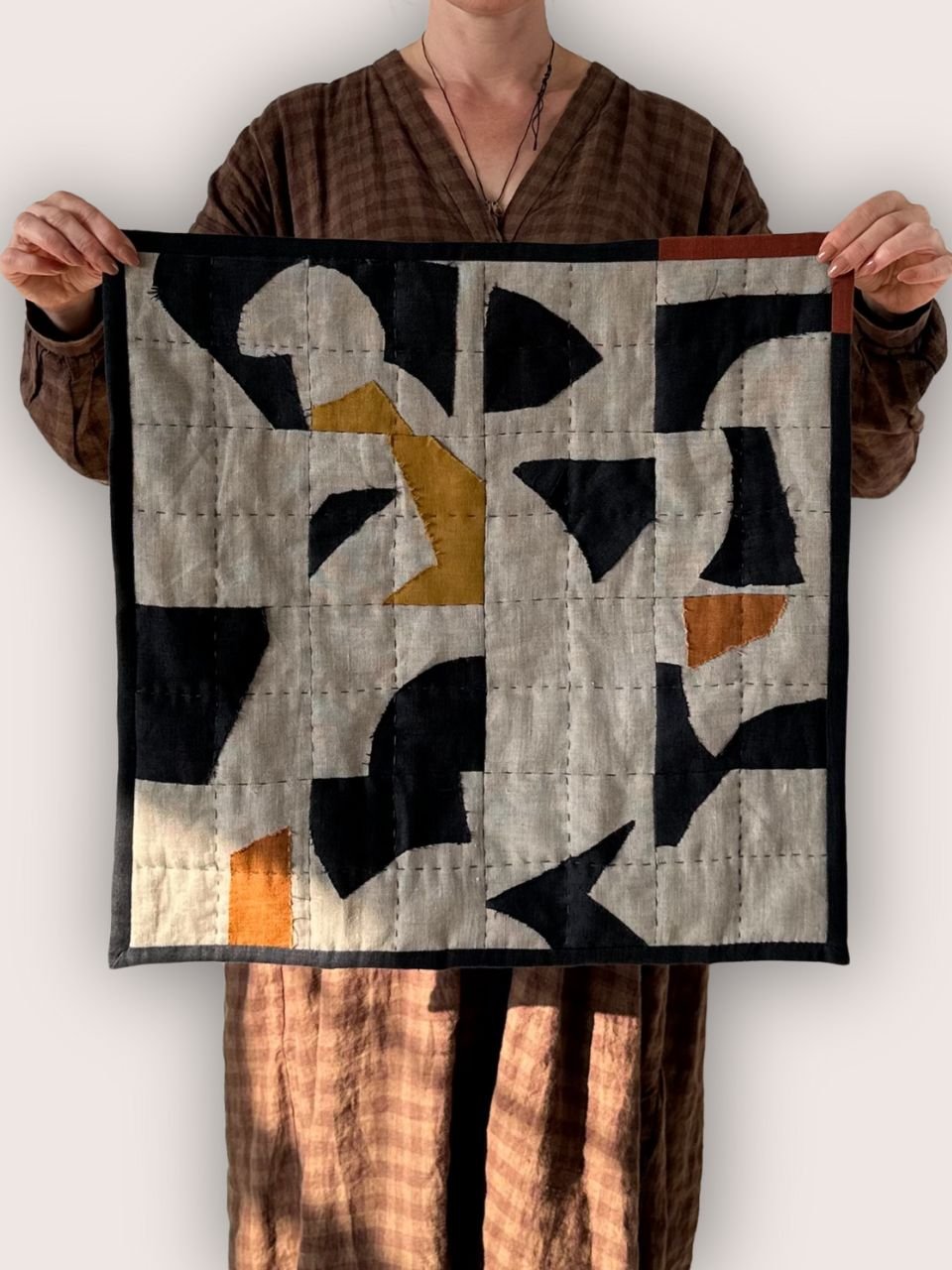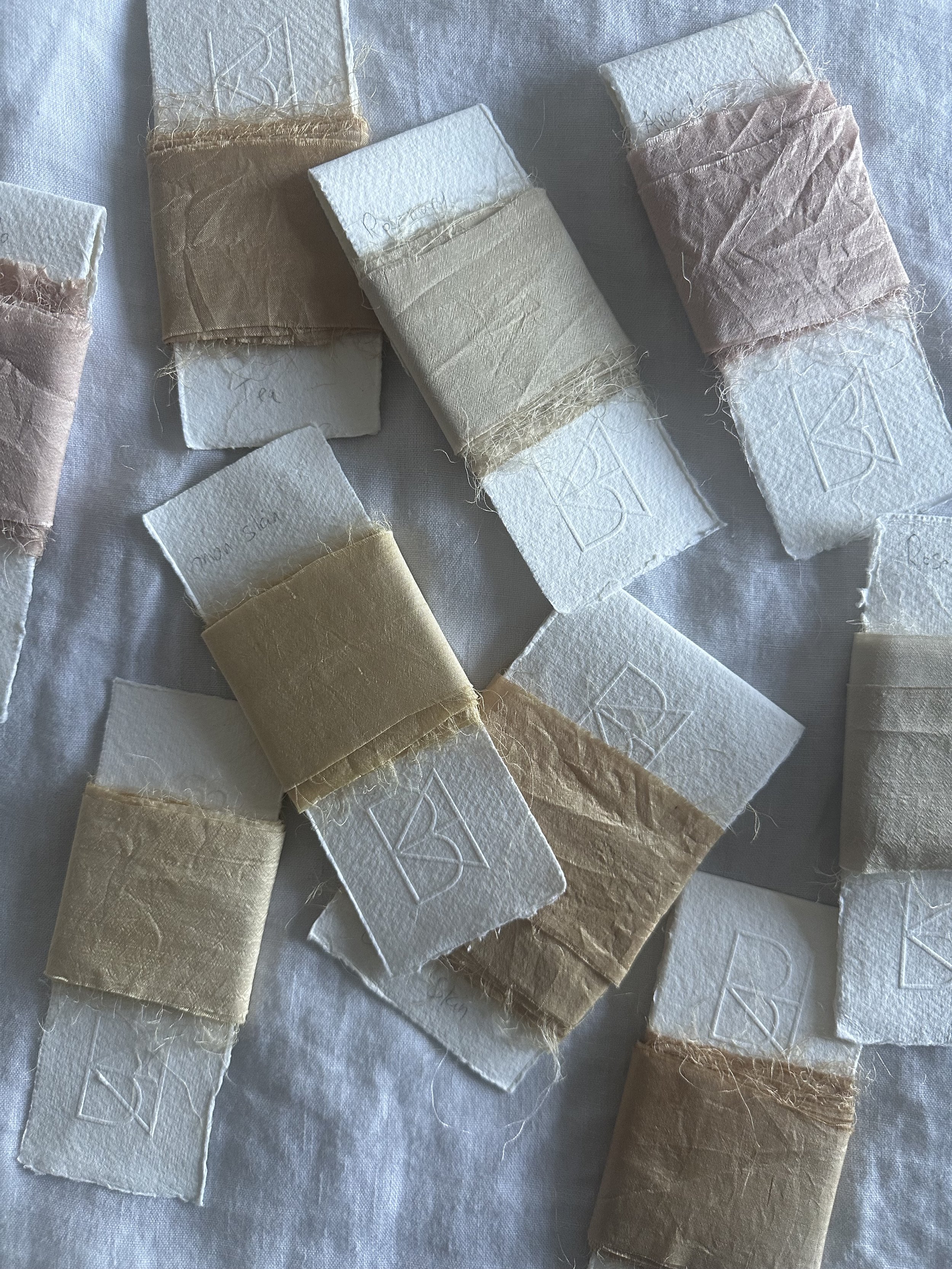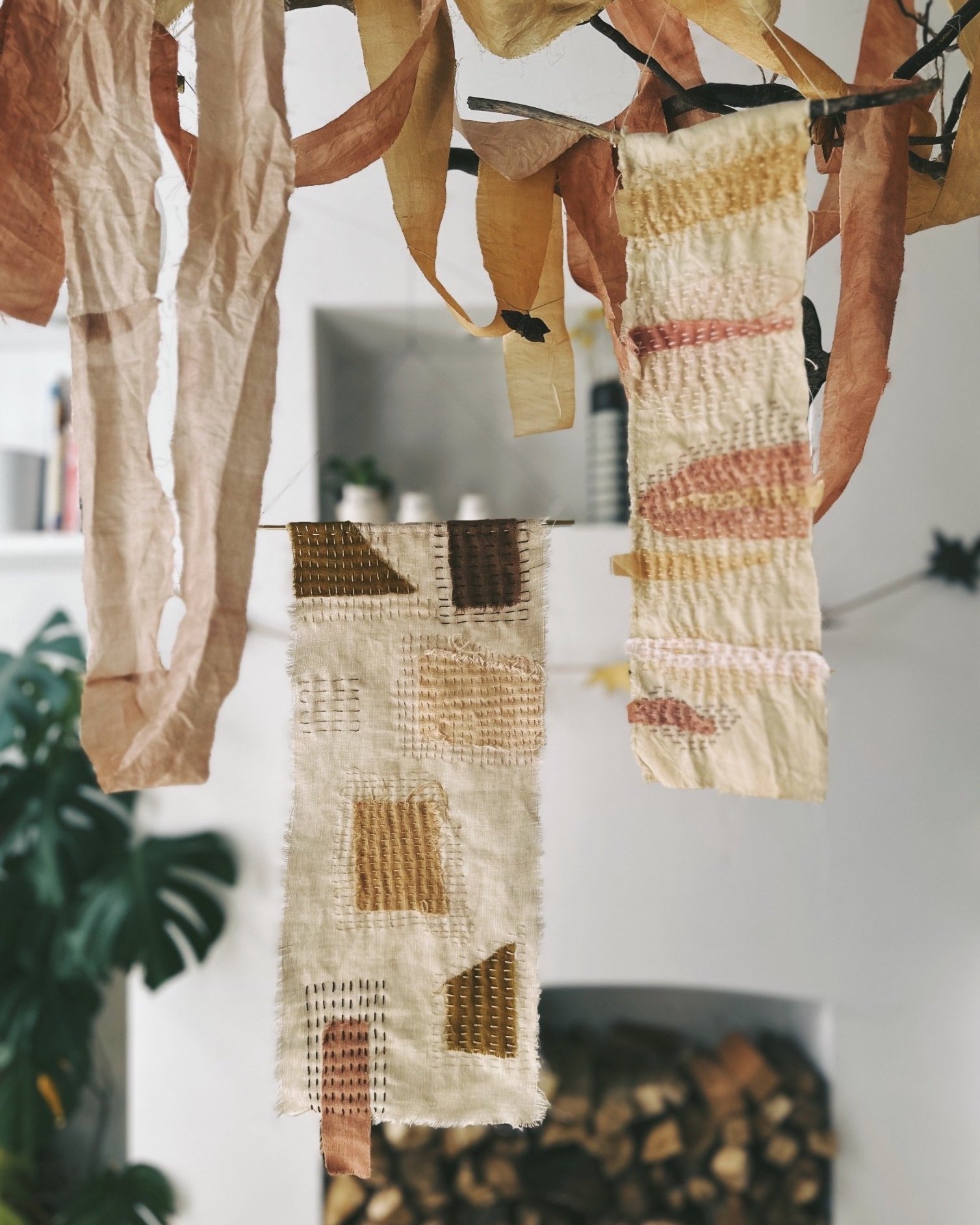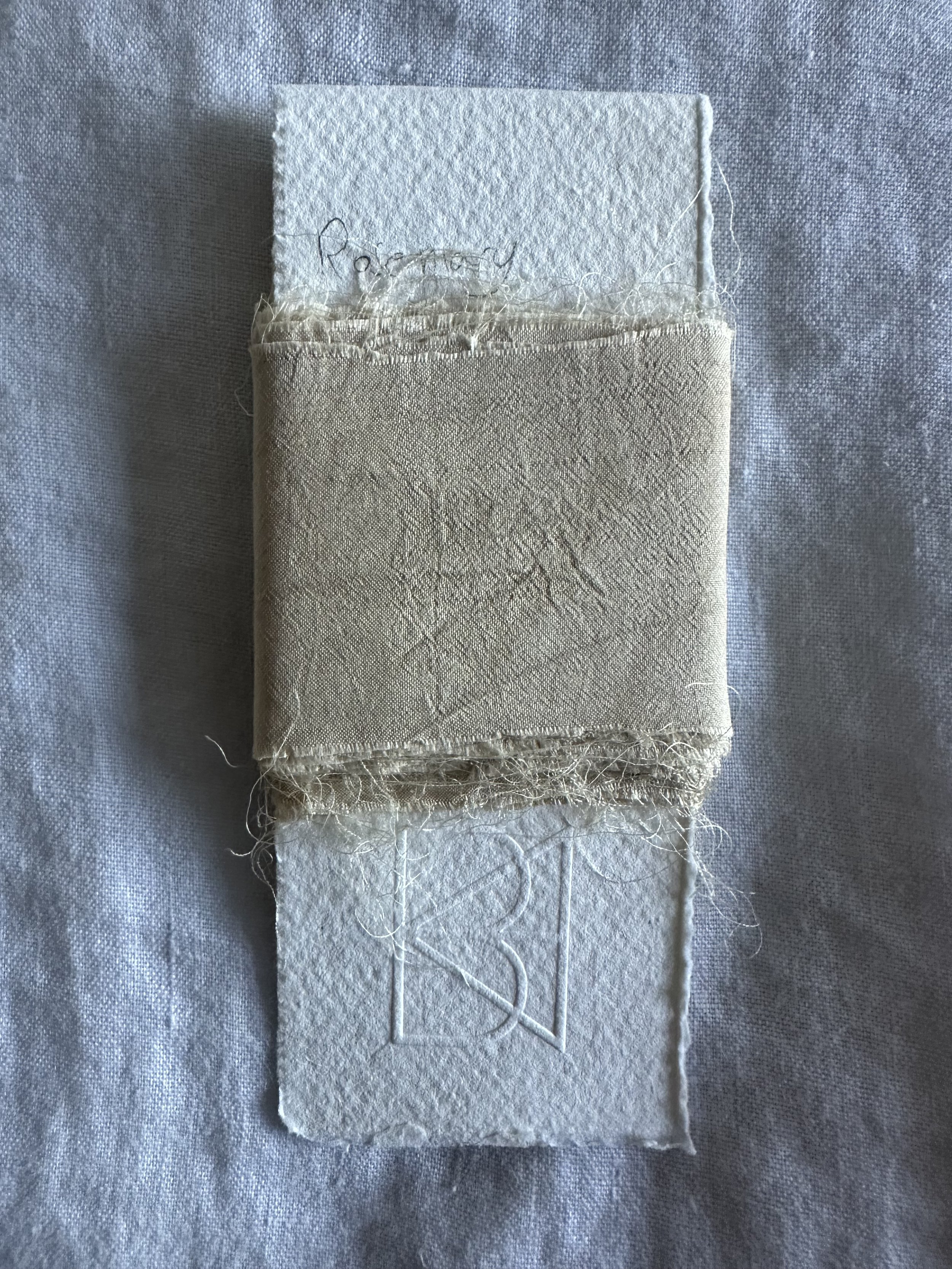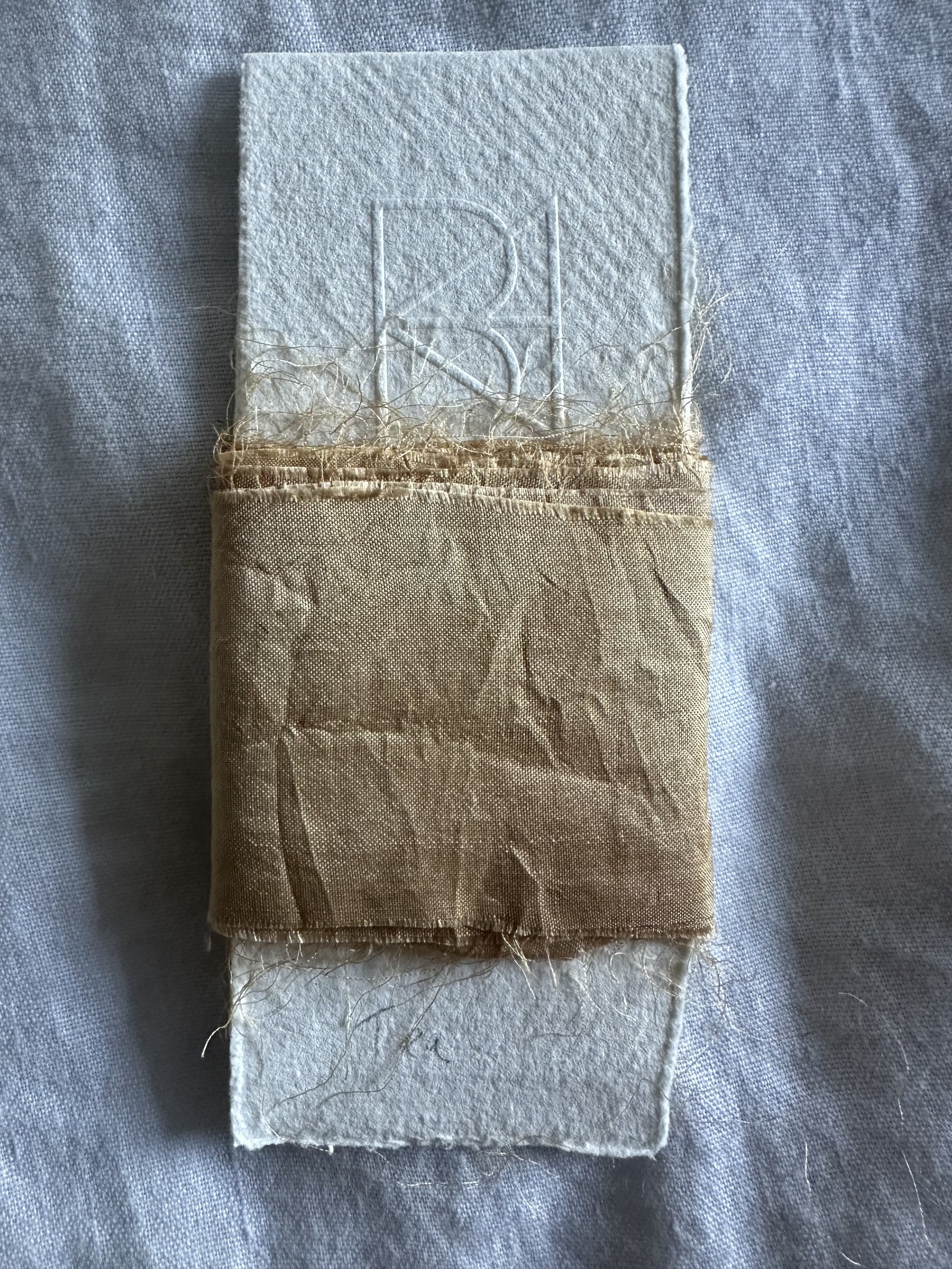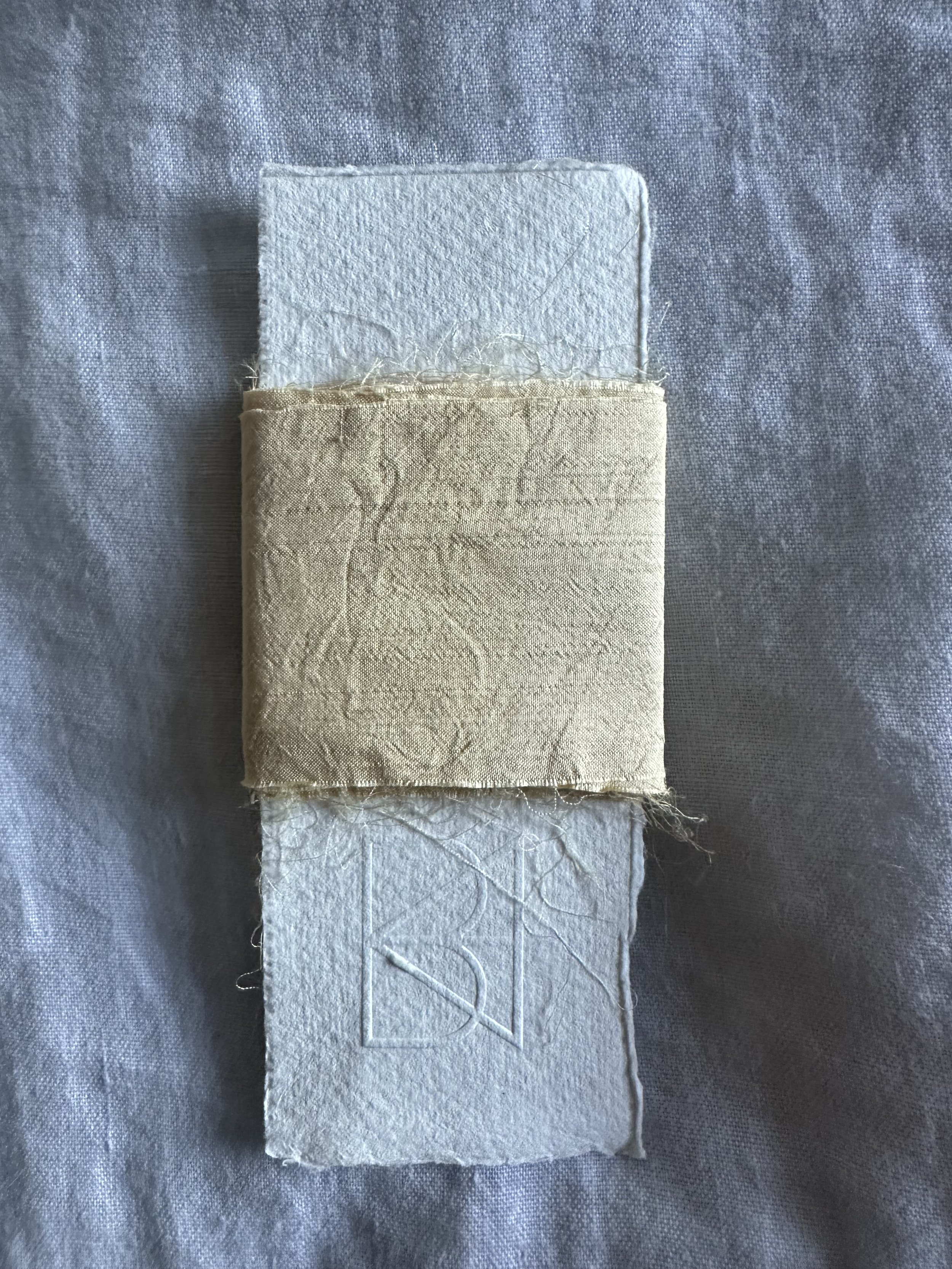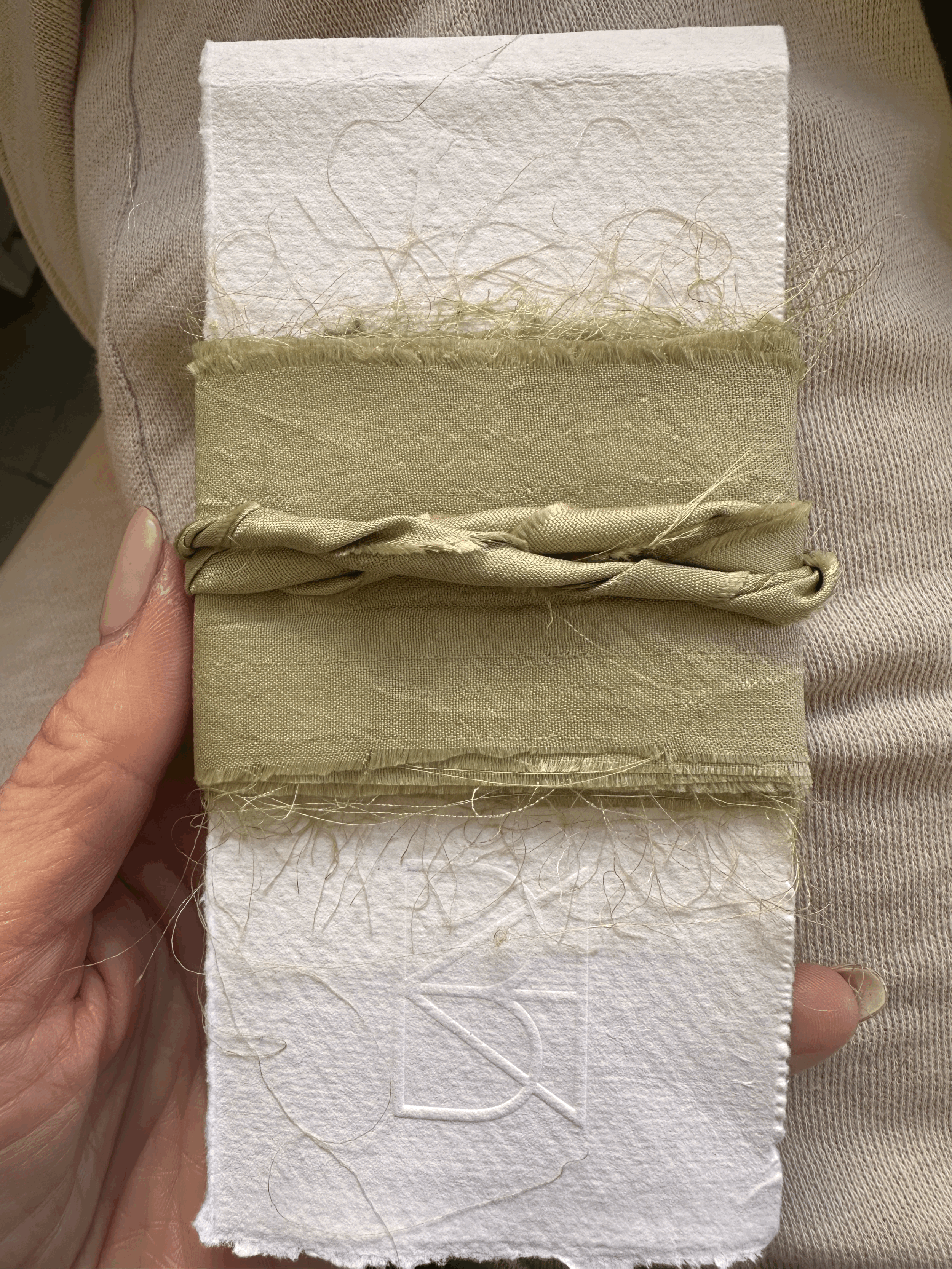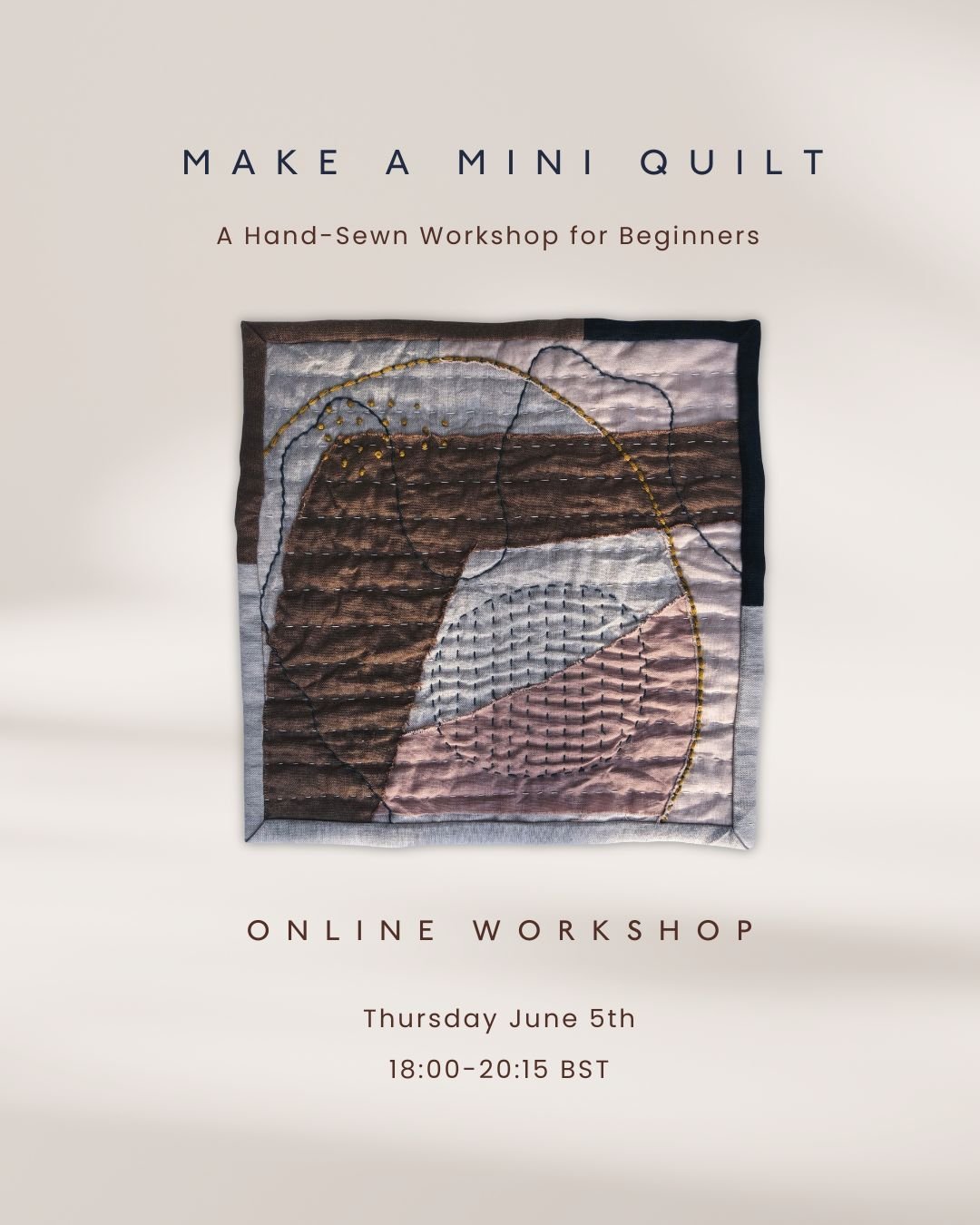 Image 1 of 5
Image 1 of 5

 Image 2 of 5
Image 2 of 5

 Image 3 of 5
Image 3 of 5

 Image 4 of 5
Image 4 of 5

 Image 5 of 5
Image 5 of 5






Make a Mini Quilt – A Hand-Sewn Workshop for Beginners Thursday June 5th
Thursday June 5th
18:00 - 20:15 BST
Online
Looking to carve out some creative time, connect with like-minded makers, and make something beautiful with your hands? Join Rebekah for a calming and creative online workshop where you’ll learn all the techniques you need to make your own hand-stitched mini quilt – an ideal starting point for beginners.
This is more than just a sewing class – it’s a chance to share ideas, chat about the quirks of creativity, and make new friends from around the world, all while stitching something meaningful and personal.
You’ll work on a 30 x 30 cm quilt – a size that’s big enough to explore composition and techniques, but small enough to complete in a short time frame. Working entirely by hand (no sewing machine needed!), Rebekah will guide you step by step: from creating an abstract design that plays with positive and negative space, to using needle-turn appliqué to attach your shapes. You’ll then layer your quilt sandwich, learn simple hand quilting techniques, bind your quilt, and add finishing stitched details.
As part of the design process, Rebekah will introduce you to key compositional techniques to help you create a visually balanced piece, including (but not limited to):
Positive and negative space
Open and closed shapes
Foreground and background
Balance and layering
Line quality and motif
Shapes defined by stitched textures
Rebekah will also share examples of how she’s used these methods in her own textile work, both large and small scale. Once you’ve learnt the basics, you’ll be equipped with the skills to create quilts of any size.
What you’ll need:
Fabric for your quilt top and backing
Wadding (batting) for the middle layer
Fabric scraps for appliqué
Standard sewing thread for appliqué and a thicker thread (such as perle no. 8 cotton or sashiko thread) for hand quilting
Fabric scissors
Pins and/or quilting safety pins
A removable fabric marker
A ruler
Lightweight cottons or cotton/linen blends work well—just make sure the weave isn’t too loose. All supplies are easy to find online or in your local fabric shop, but do try to make use of what you already have at home. Old cotton bedding or worn clothing works beautifully for patchwork, and you can substitute batting with an old blanket or felted knitwear.
No prior experience is needed—just bring your curiosity and your sewing kit!
I want my workshops to be accessible to everyone while ensuring I’m fairly paid for my time. To support this, I’ve set my pricing slightly higher so that I can offer free places to students, those who are unemployed, or anyone who cannot afford to pay.
For every 8 spaces sold, I’ll offer 1 free spot. If you’d like to be considered, just email me to be added to the list—no questions asked, no proof required. I trust you. Free spots will be allocated on a first-come, first-served basis.
Thursday June 5th
18:00 - 20:15 BST
Online
Looking to carve out some creative time, connect with like-minded makers, and make something beautiful with your hands? Join Rebekah for a calming and creative online workshop where you’ll learn all the techniques you need to make your own hand-stitched mini quilt – an ideal starting point for beginners.
This is more than just a sewing class – it’s a chance to share ideas, chat about the quirks of creativity, and make new friends from around the world, all while stitching something meaningful and personal.
You’ll work on a 30 x 30 cm quilt – a size that’s big enough to explore composition and techniques, but small enough to complete in a short time frame. Working entirely by hand (no sewing machine needed!), Rebekah will guide you step by step: from creating an abstract design that plays with positive and negative space, to using needle-turn appliqué to attach your shapes. You’ll then layer your quilt sandwich, learn simple hand quilting techniques, bind your quilt, and add finishing stitched details.
As part of the design process, Rebekah will introduce you to key compositional techniques to help you create a visually balanced piece, including (but not limited to):
Positive and negative space
Open and closed shapes
Foreground and background
Balance and layering
Line quality and motif
Shapes defined by stitched textures
Rebekah will also share examples of how she’s used these methods in her own textile work, both large and small scale. Once you’ve learnt the basics, you’ll be equipped with the skills to create quilts of any size.
What you’ll need:
Fabric for your quilt top and backing
Wadding (batting) for the middle layer
Fabric scraps for appliqué
Standard sewing thread for appliqué and a thicker thread (such as perle no. 8 cotton or sashiko thread) for hand quilting
Fabric scissors
Pins and/or quilting safety pins
A removable fabric marker
A ruler
Lightweight cottons or cotton/linen blends work well—just make sure the weave isn’t too loose. All supplies are easy to find online or in your local fabric shop, but do try to make use of what you already have at home. Old cotton bedding or worn clothing works beautifully for patchwork, and you can substitute batting with an old blanket or felted knitwear.
No prior experience is needed—just bring your curiosity and your sewing kit!
I want my workshops to be accessible to everyone while ensuring I’m fairly paid for my time. To support this, I’ve set my pricing slightly higher so that I can offer free places to students, those who are unemployed, or anyone who cannot afford to pay.
For every 8 spaces sold, I’ll offer 1 free spot. If you’d like to be considered, just email me to be added to the list—no questions asked, no proof required. I trust you. Free spots will be allocated on a first-come, first-served basis.
This workshop will take place via Zoom. A link with instructions on connecting will be sent to you 1 week before the class and a reminder the day before.
TIMES STATED ARE UK (BST). Please check the correct time in your timezone.
You’ll receive a detailed guide to help you prepare your materials and resources at least one week ahead of the live class.
The workshop will be recorded and a link will emailed to participants 24-48 hours after the presentation. Please do your best to attend the live workshop to get the best learning experience.
Refunds can only be issued if we can fill the workshop place. If you cannot attend, then there may be a possibility to move you to another class, but this cannot be guaranteed.



